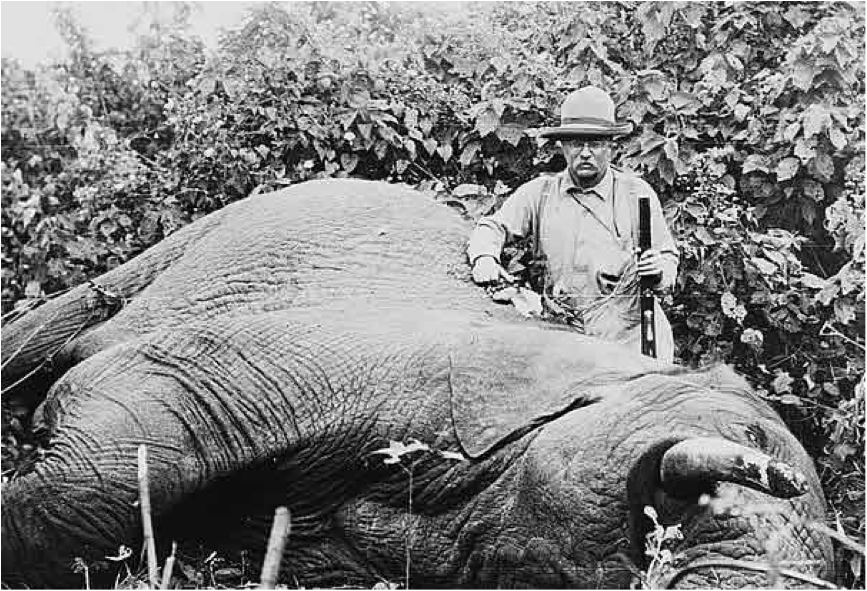To the Halls of Europe: Theodore Roosevelt’s African Jaunt and the Campaign to Save Nature by Killing It
DOI:
https://doi.org/10.60162/swamphen.2.10592Keywords:
historyAbstract
Theodore Roosevelt’s nearly year-long African tour from Mombasa, British East Africa to Egypt (1909-1910) is best seen not as a diversion from his presidential objectives, but a perpetuation of the key causes advanced during his presidency, and a prelude to his trip to lecture Europeans on the conduct of empire. The trip is best understood not as a hunting expedition, a post-presidential vacation, or a striving to reincarnate frontier masculinity. It was a calculated media event, drawing attention to his causes: especially conservation of nature and the American role as an emerging world power. His trip had geo-political significance in asserting the importance of a white 'settler' form of conservation in Africa and elsewhere as part of Anglo-American hegemony of the world.
Downloads
Published
Issue
Section
License
Authors who publish with this journal agree to the following terms:- Authors retain copyright and grant the journal right of first publication with the work simultaneously licensed under a Creative Commons Attribution License that allows others to share the work with an acknowledgement of the work's authorship and initial publication in this journal.
- Authors are able to enter into separate, additional contractual arrangements for the non-exclusive distribution of the journal's published version of the work (e.g., post it to an institutional repository or publish it in a book), with an acknowledgement of its initial publication in this journal.
- Authors are permitted and encouraged to post their work online (e.g., in institutional repositories or on their website) prior to and during the submission process, as it can lead to productive exchanges, as well as earlier and greater citation of published work (See The Effect of Open Access).

